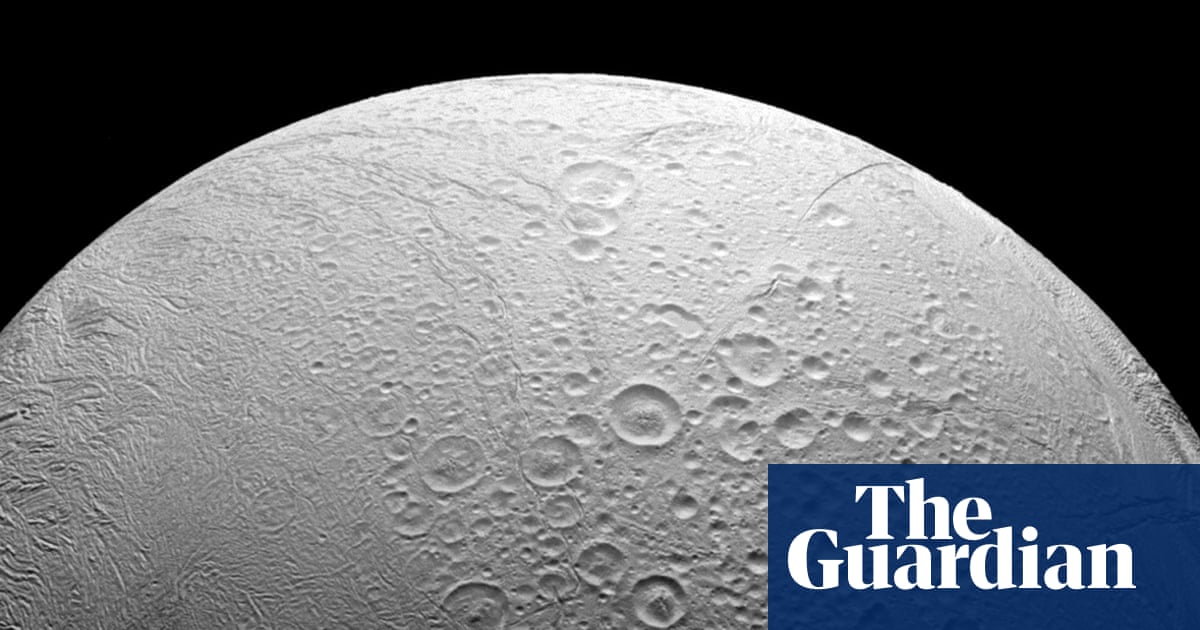
"I really like Enceladus because it has all the conditions that are at the same place at the time for life to evolve and to thrive, said Dr Caroline Freissinet, of the French National Centre for Scientific Research. As well as complex organic molecules and a deep ocean of liquid water, Freissinet notes that the Saturnine moon is thought to have hydrothermal vents providing a source of energy with the pH, salinity and temperature of the ocean within the bounds deemed suitable for life."
"While Freissinet said scientists should continue to search for life beyond the solar system, she noted the approach brings challenges not least that it relies on detecting chemical signatures in a planet's atmosphere that could be associated with life. It has to change the whole planet so that you are able to see it on an exoplanet, she said. In other words, local pockets of life that do not produce such large-scale changes might be missed."
Enceladus is ejecting a wider array of carbon-based substances than previously known. Enceladus contains complex organic molecules, a deep subsurface ocean of liquid water, and probable hydrothermal vents that could provide chemical energy. The ocean's pH, salinity and temperature fall within ranges considered suitable for life. Searching exoplanets for life depends on detecting atmospheric chemical signatures, which requires planet-scale changes to be visible and cannot reveal past life. Localized biospheres could be missed, and tentative exoplanetary evidence can be difficult to interpret or corroborate due to limited knowledge of distant environments and observational constraints like transit geometry.
Read at www.theguardian.com
Unable to calculate read time
Collection
[
|
...
]